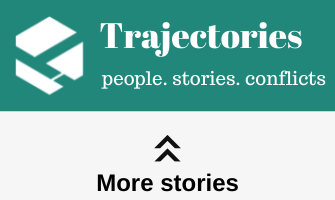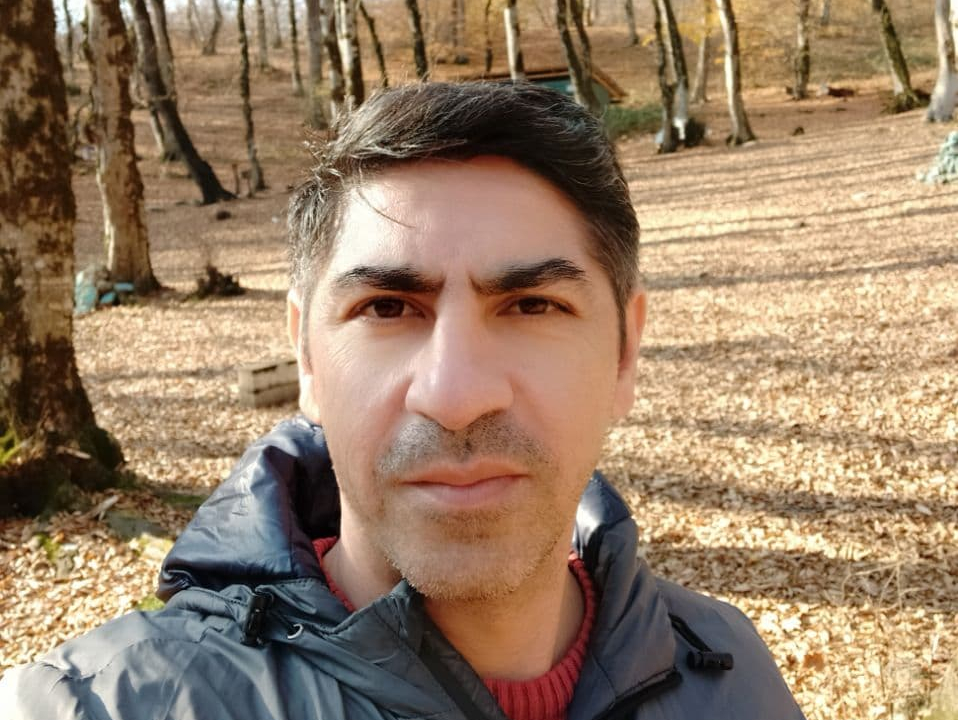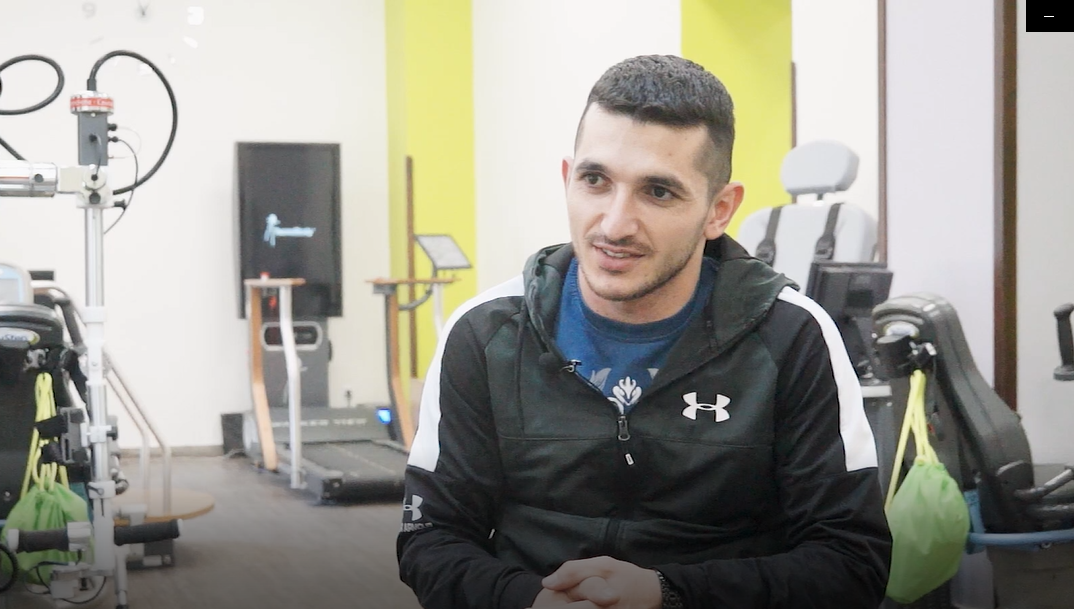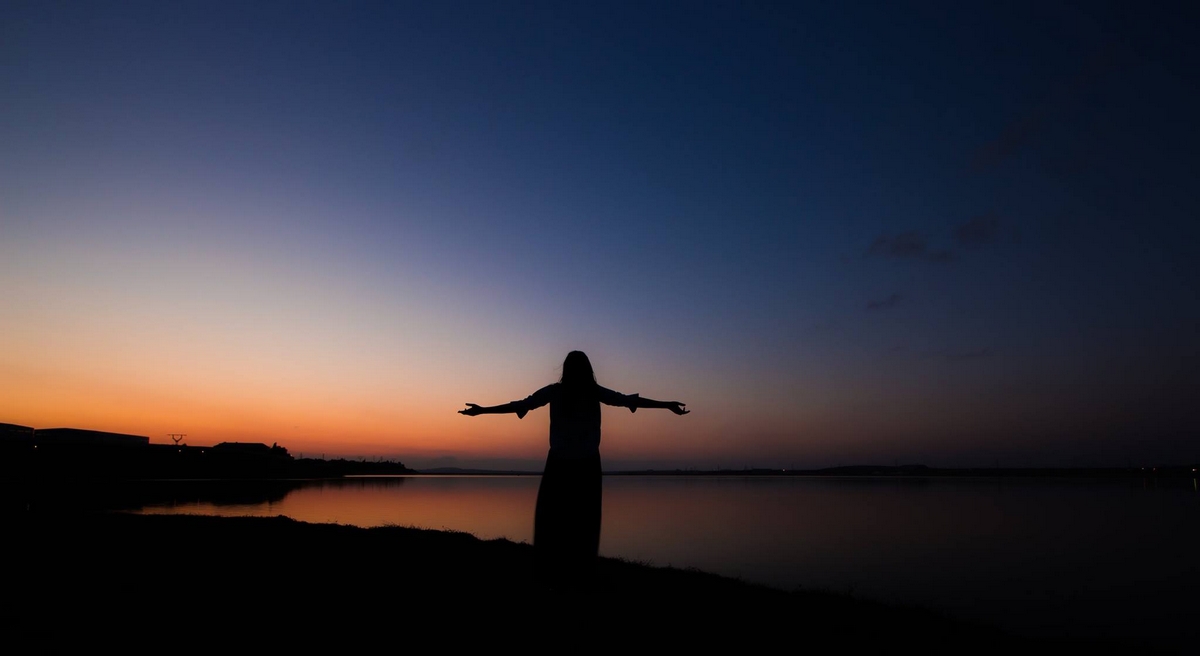“They don’t care about us” - Karabakh war veterans seek more support from Baku
Veterans of the 2020 Karabakh War
In the video, a guy in military uniform is sitting on the sidewalk with his head in his hands, crutches liying next to him. This is Ravan Abbasov, a veteran of the 2020 Karabakh war.
“The state is screaming about the need to take care of veterans. They don’t care, brothers, I swear they don’t care”, Ravan said to the camera of one of the few journalists who came to film a rally.
Veterans of the 2020 Karabakh war occasionally hold protests in Baku, complaining about the indifference of the authorities. For example, several veterans gathered in front of the Baku Prosecutor General’s Office to demand that the police officers who they claimed had beaten them be punished.
At another action, several dozen people claimed that they could not receive the status of veterans and, accordingly, the benefits they were entitled to. They protested near the building of the Ministry of Labor and Social Protection.
Ravan Abbasov held a protest alone in front of the same ministry. He came out because of the problems he had faced with obtaining a degree of disability.
The video received more than 1,500 comments, among which the most common phrases were “May Allah help you!”- adressed to the veteran and “May Allah punish you!” addressed to the government. Sympathy for Ravan was expressed by about two-thirds of the commentators. Approximately a third were comments stating that “the state is doing everything necessary to take care of veterans”, obviously written by fake accounts (no posts, photos, friends on their pages).
According to the official data, during the 2020 Karabakh war, 2,904 people from the Azerbaijani side and 3,788 people from the Armenian side were killed. 2,772 people from the Azerbaijani side and 1,494 people from the Armenian side received the status of a disabled person.
Every now and then, some independent media outlets try to draw attention to the problems of the participants in the Karabakh battles of 2020 – their inability to receive benefits, problems with employment and rudeness of government officials towards them.
Simultaneously with the video about the action of Ravan Abbasov, another website published the story of another veteran who is also not being paid benefits. “They say that disability is not assigned due to my illness. ShouldI have died then?”, Davud Bagirzade said. He told reporters that his arm and leg were injured and he could not work.
Veterans of the 2020 Karabakh war in Azerbaijan receive 80 manats (about $50) monthly. There is a special “presidential pension” for war heroes – 2,000 manats (about $1,080), pension for national heroes – from 1,500 to 1,800 (about $800-$1,000), and disability benefits – from 300 to 400 manats (from $180-240 dollars).
There is other help in the form of free treatment, free cars and free apartments, but, firstly, not everyone gets it, and secondly, it is accompanied by bureaucratic red tape and often turns out to be “half” of what is promised.
This is what the veterans are complaining about in this video their comrades were sent to Turkey for treatment, they say, and then they decided to send them back, leaving the treatment unfinished.
As a rule, official and pro-government media do not cover such actions and complaints. And if they do report on them, it is always with a message that this particular veteran has already been helped (or why they could help him in the first place). Same was the case with the story of Fariz Agayev, who appealed to the state via social media in September 2021.
After that, the Ministry of Labor and Social Protection hastened to announce that Agaev “had been allocated three cows and 400 kilograms of feed” to create a family farm, and “an assessment of Fariz Agaev’s disability will be carried out by the relevant authorities”.
Thus, this topic sometimes surfaces, but in the form of individual stories. The trend as such is most often not analyzed in the public space.
However, the chairman of the opposition Popular Front Party of Azerbaijan, Ali Karimli, devoted two posts on Facebook to this topic. In the first, he compared compensation paid to the families of fallen servicemen and benefits to veterans in Ukraine, Russia and Azerbaijan (not in favor of Azerbaijan). In the second, he responded to the trolls who attacked him for his previous entry, more precisely, the authorities, who, in his opinion, set these trolls on him (instead of drawing a conclusion from what was said).
“We must speak up and explain to them that our people are not as naive as they think. We demand you ensure the rights of the heroes of Karabakh who brought us glory and we will definitely achieve this!”, Karimli promised.
The rest of the well-known and active oppositionists did not react at all to the problems of veterans.
However, Azerbaijano anti-militarists reacted vividly. Even during the 2020 war, they were against the military method of resolving the conflict, and now they are turning to their opponents with a semi-rhetorical question:
“Was it worth sacrificing lives and health of so many people, if now no one is taking care of the survivors today?
“This footage once again confirms that an attempt to justify a new war by referring to the trauma experienced by the Karabakh people [30 years ago, during the first war – ed] was a mistake. The past trauma was not supposed to give impetus to a new one, but, on the contrary, serve to prevent the repetition of the same traumas”, gender activist Nurlana Jalil said in response to the video of Ravan Abbasov. For this, she immediately faced a wave of outrage and criticism of her “unpatriotic” position.
Trajectories is a media project that tells stories of people whose lives have been impacted by conflicts in the South Caucasus. We work with authors and editors from across the South Caucasus and do not support any one side in any conflict. The publications on this page are solely the responsibility of the authors. In the majority of cases, toponyms are those used in the author’s society. The project is implemented by GoGroup Media and International Alert and is funded by the European Union























